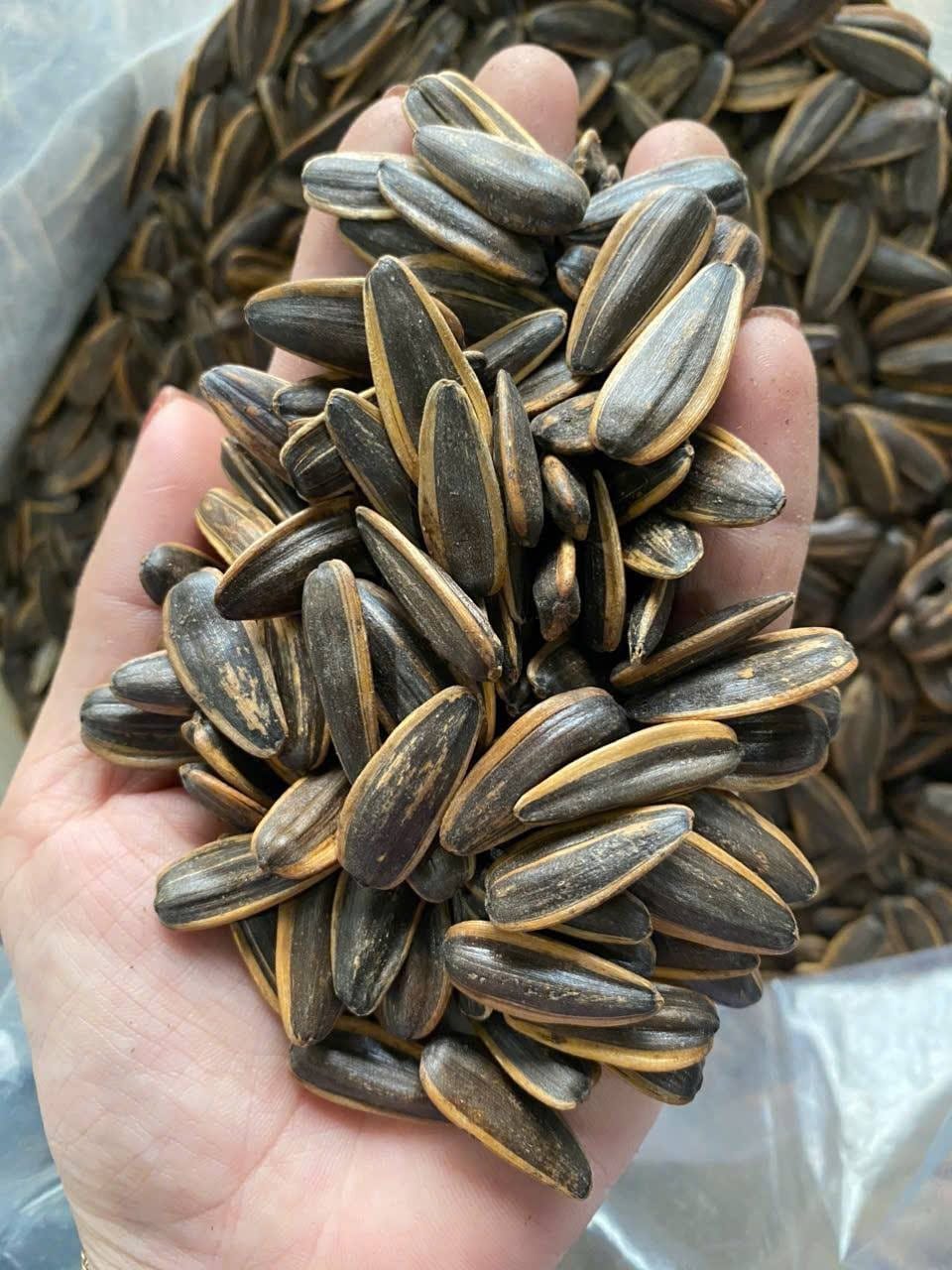ADVERTISEMENT
### **4. Sunflower Seeds May Cause Allergic Reactions**
Though rare, some individuals may be allergic to sunflower seeds. Sunflower seed allergy symptoms can range from mild (such as hives or swelling) to severe (such as difficulty breathing, anaphylaxis, or digestive issues). If you have a known nut or seed allergy, you should be cautious when trying sunflower seeds for the first time.
If you suspect you have an allergy to sunflower seeds, it’s best to avoid them and consult an allergist for testing. For those with a confirmed allergy, it’s important to read labels carefully, as sunflower seeds can be found in various packaged foods, such as granola bars, crackers, and baked goods.
—
### **5. Salted Sunflower Seeds Can Be High in Sodium**
Many people enjoy salted sunflower seeds, but consuming them in excess can lead to high sodium intake. Sodium is essential for the body, but too much of it can lead to high blood pressure, kidney problems, and other health issues. A single serving of salted sunflower seeds can contain up to 200 milligrams of sodium or more, depending on the brand.
To avoid excess sodium, opt for unsalted sunflower seeds or those that are lightly salted. You can also make your own roasted sunflower seeds at home and control the amount of salt you add. This way, you can enjoy the health benefits of sunflower seeds without worrying about unnecessary sodium intake.
—
### **6. Sunflower Seeds Are a Great Source of Fiber**
One of the often-overlooked benefits of sunflower seeds is their fiber content. Each ounce of sunflower seeds provides 2-3 grams of fiber, which is important for digestive health. Fiber helps regulate bowel movements, prevents constipation, and supports the growth of beneficial gut bacteria.
The fiber in sunflower seeds also contributes to feelings of fullness, which can help prevent overeating and aid in weight management. If you’re trying to improve your digestive health or manage your weight, sunflower seeds can be an excellent addition to your diet.
—
### **7. Sunflower Seeds May Have Heart Health Benefits**
Several studies have shown that sunflower seeds may promote heart health by improving cholesterol levels, reducing blood pressure, and reducing inflammation. This is largely due to their content of healthy fats, antioxidants, and fiber.
The high amount of polyunsaturated fats (especially omega-6 fatty acids) in sunflower seeds can help lower “bad” LDL cholesterol levels while raising the levels of “good” HDL cholesterol. This can reduce the risk of cardiovascular diseases, including heart attacks and strokes.
Moreover, sunflower seeds contain magnesium, which is known to help lower blood pressure and support proper heart function. Including sunflower seeds in your diet as part of a heart-healthy eating plan may be a simple and delicious way to promote cardiovascular wellness.
For Complete Cooking STEPS Please Head On Over To Next Page Or Open button (>) and don’t forget to SHARE with your Facebook friends
